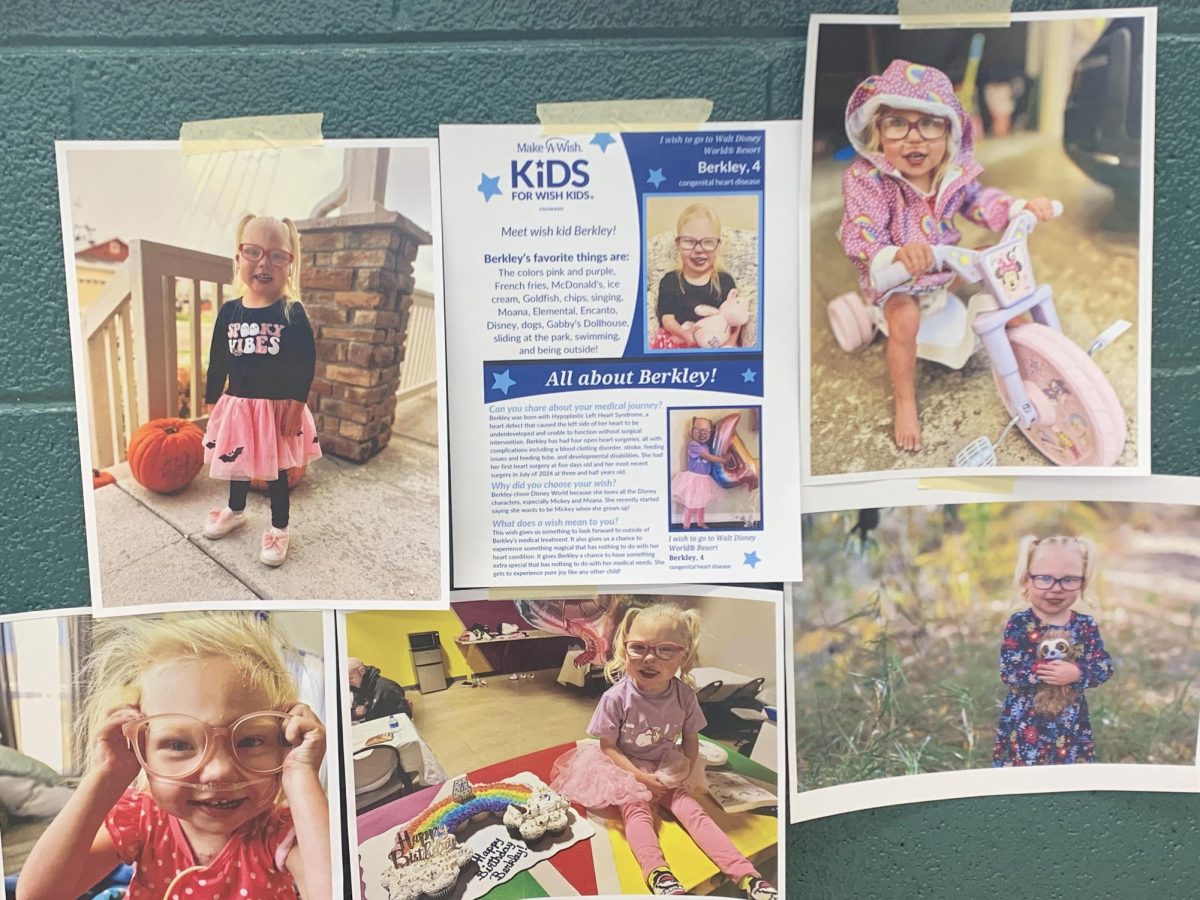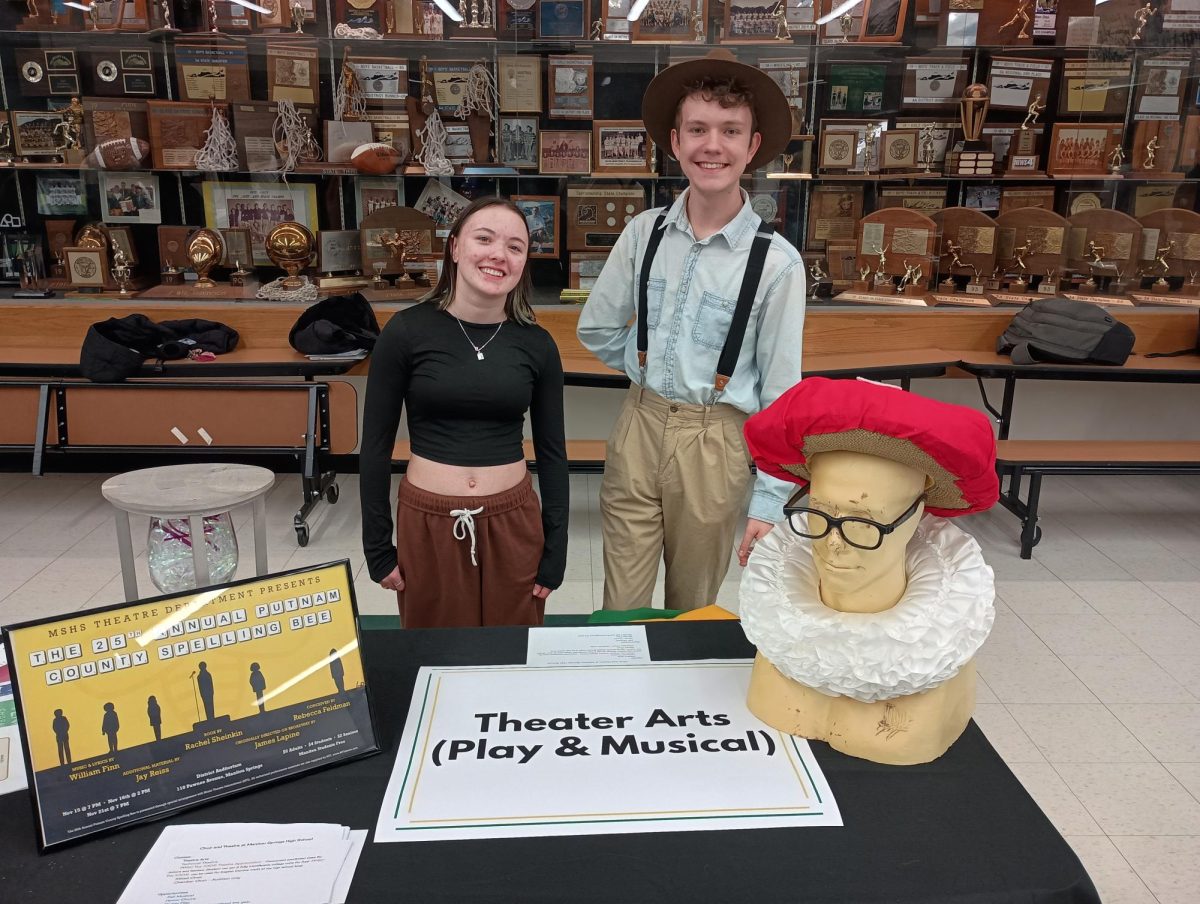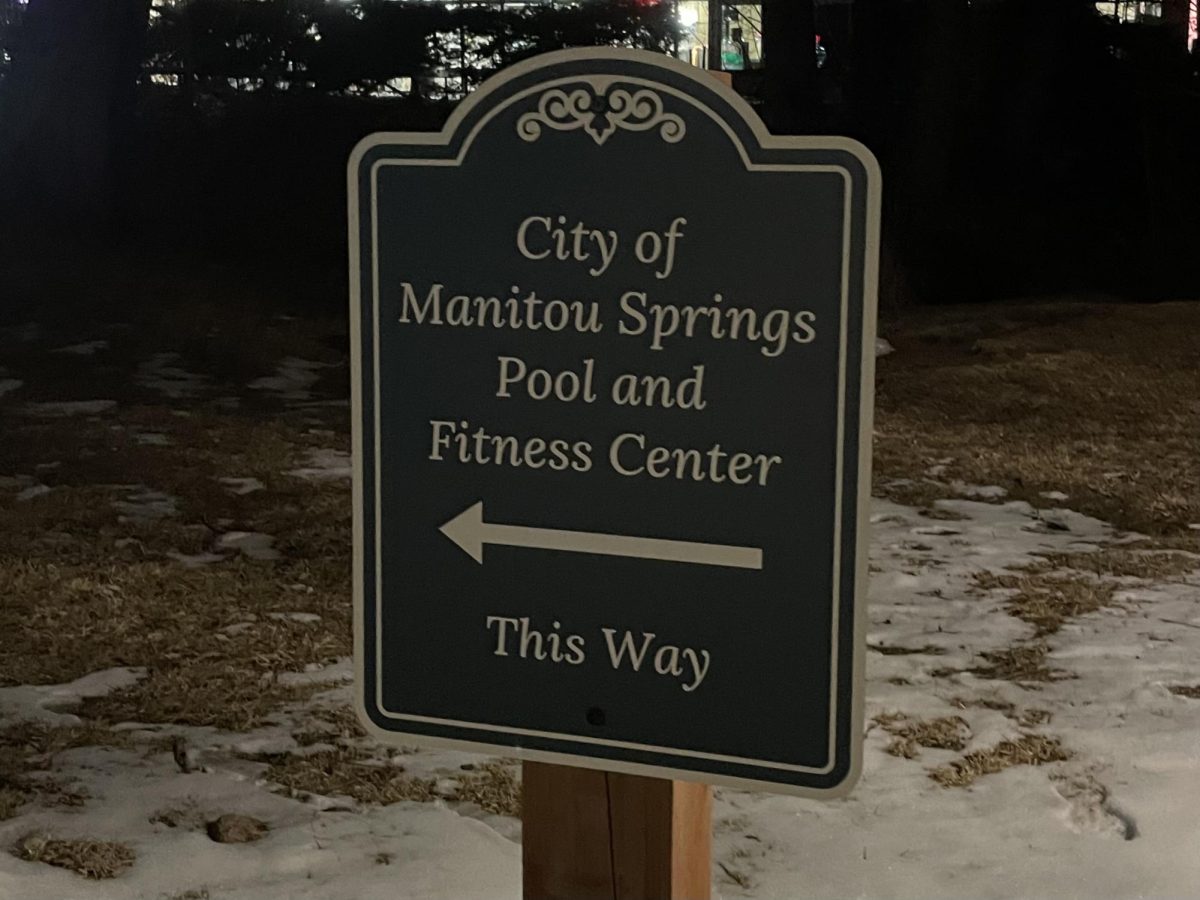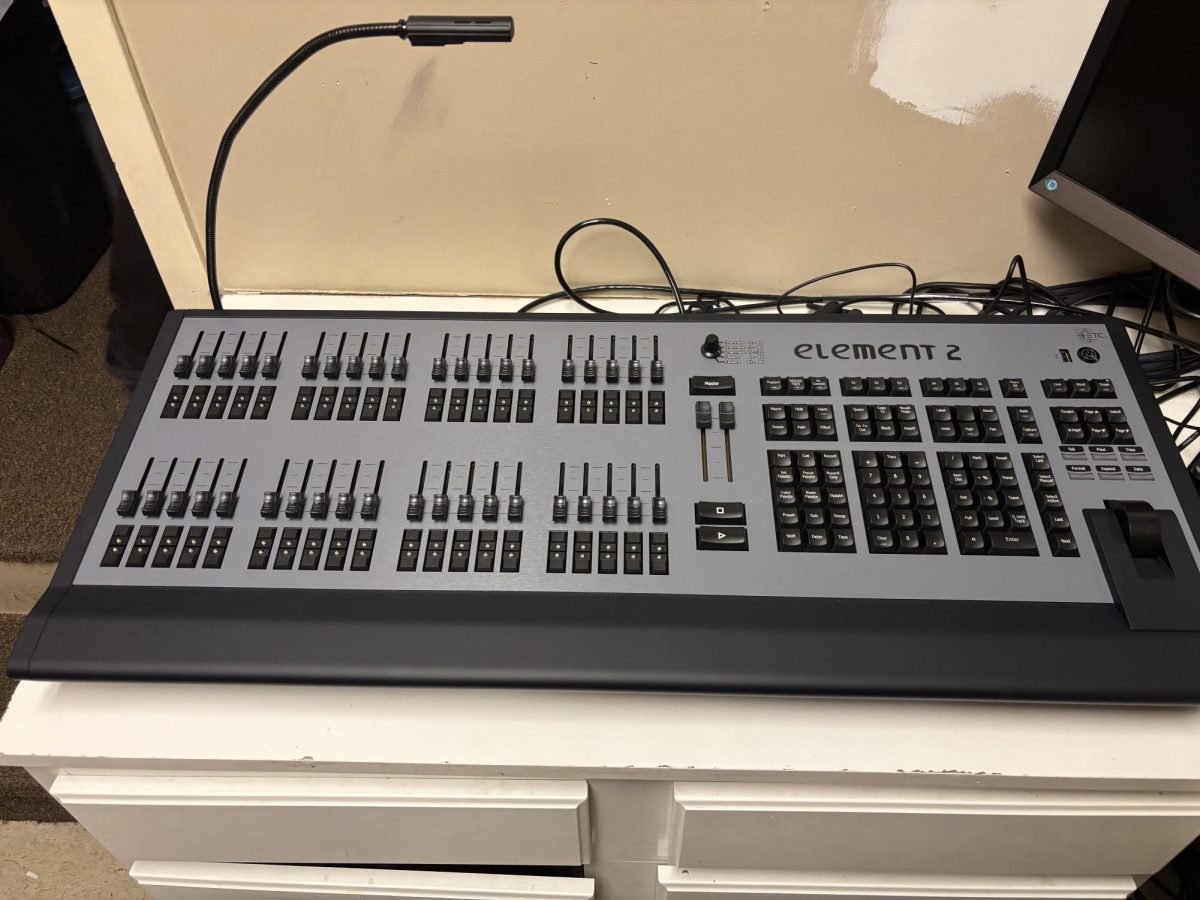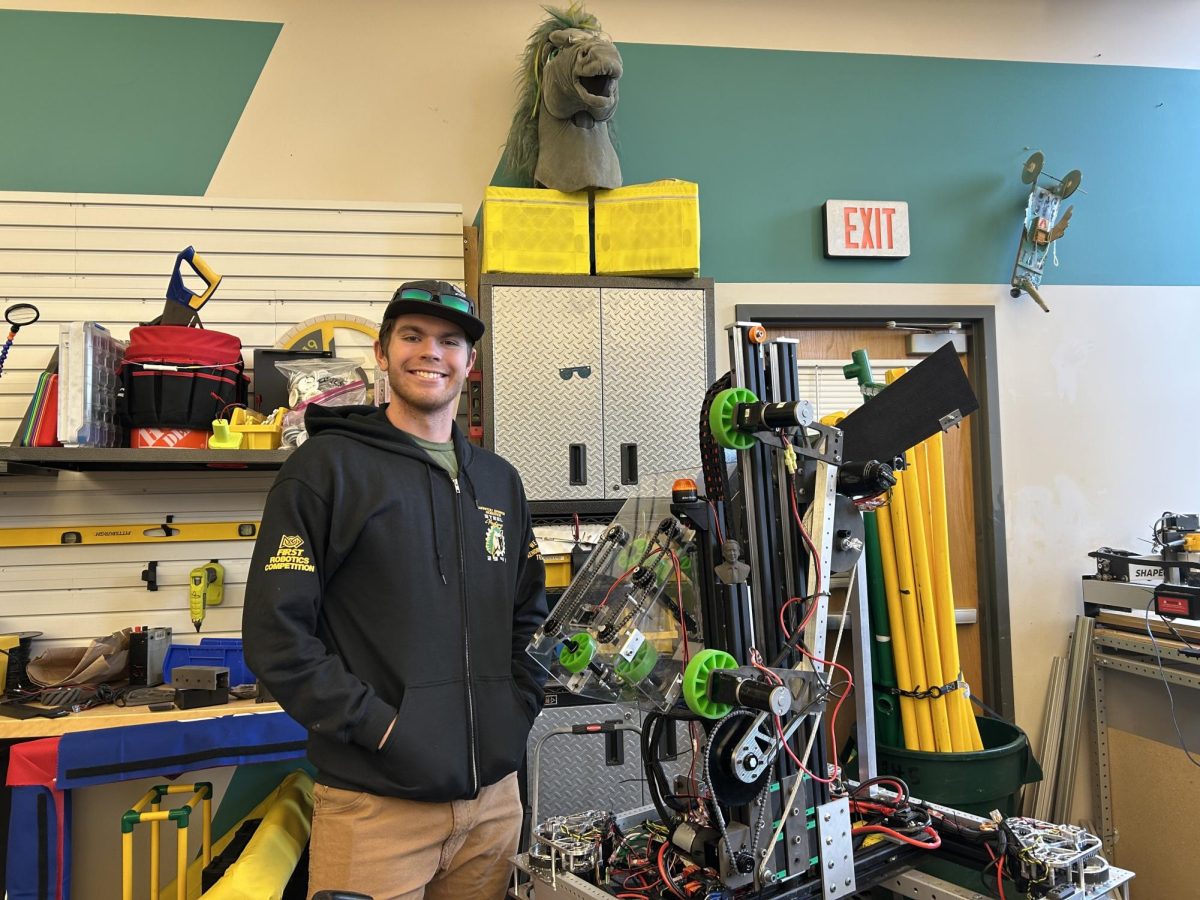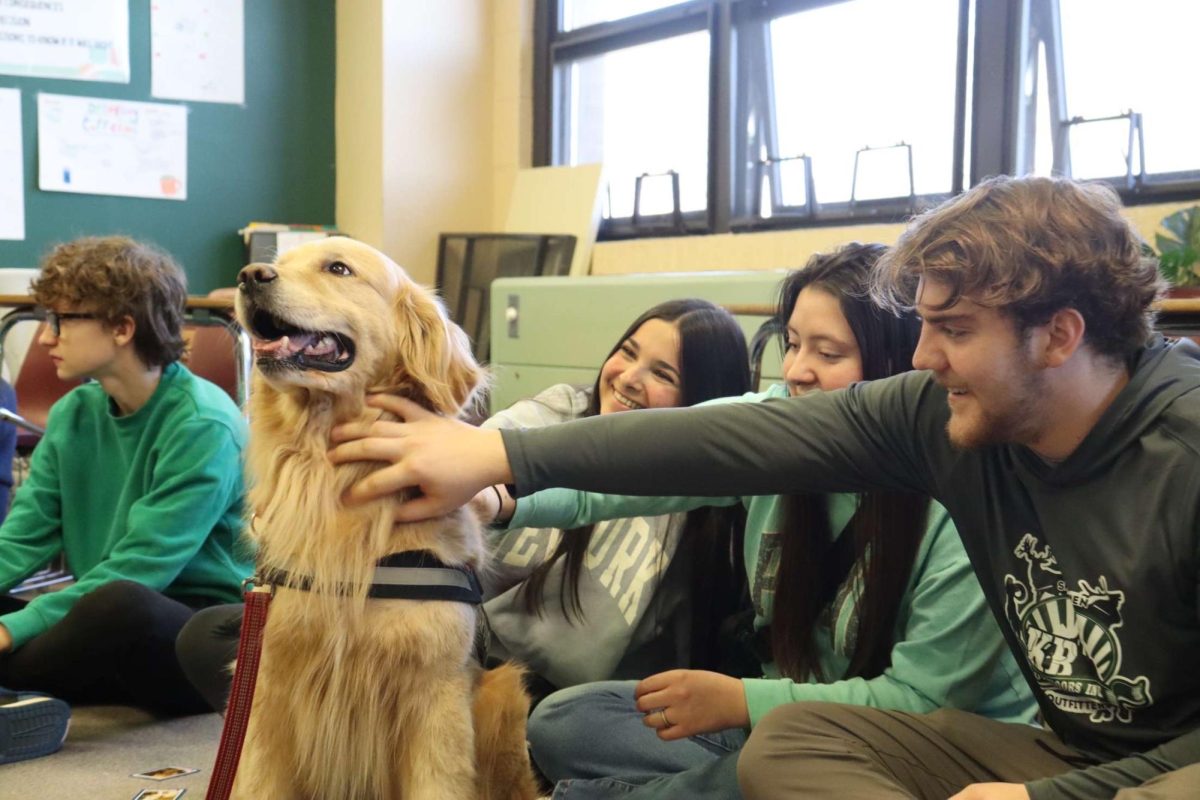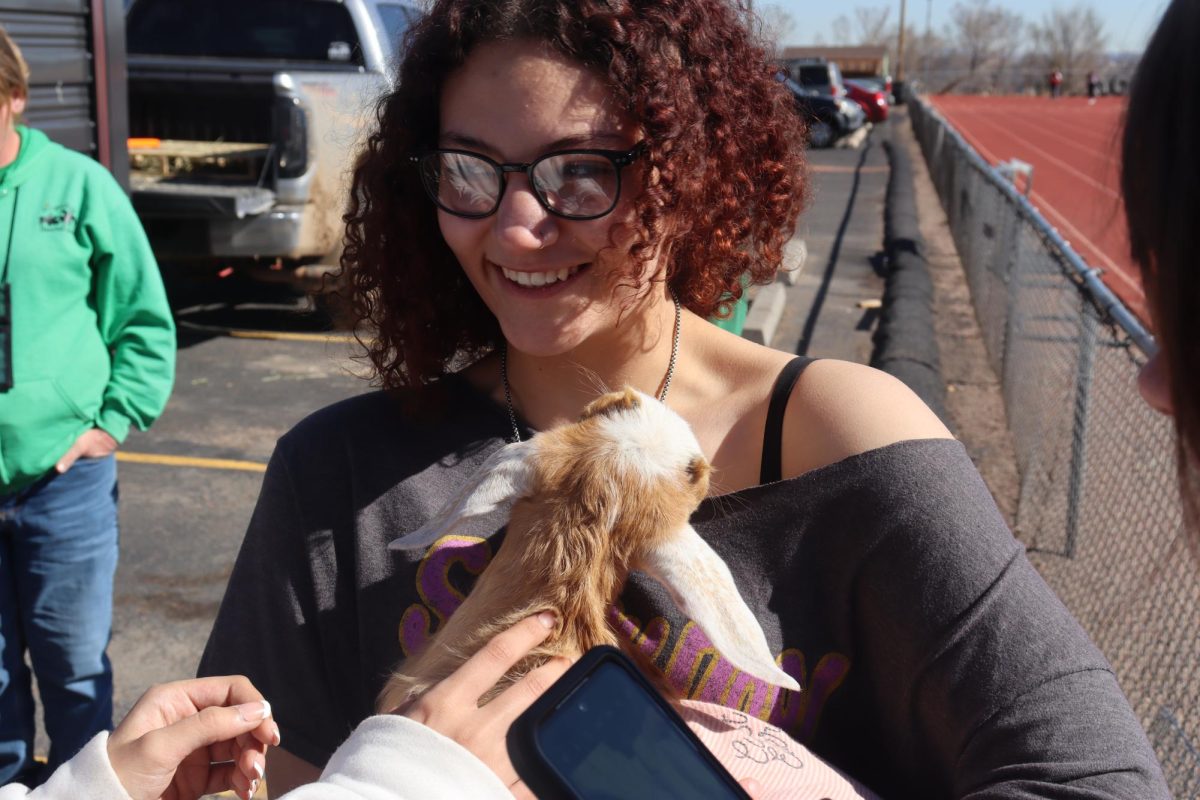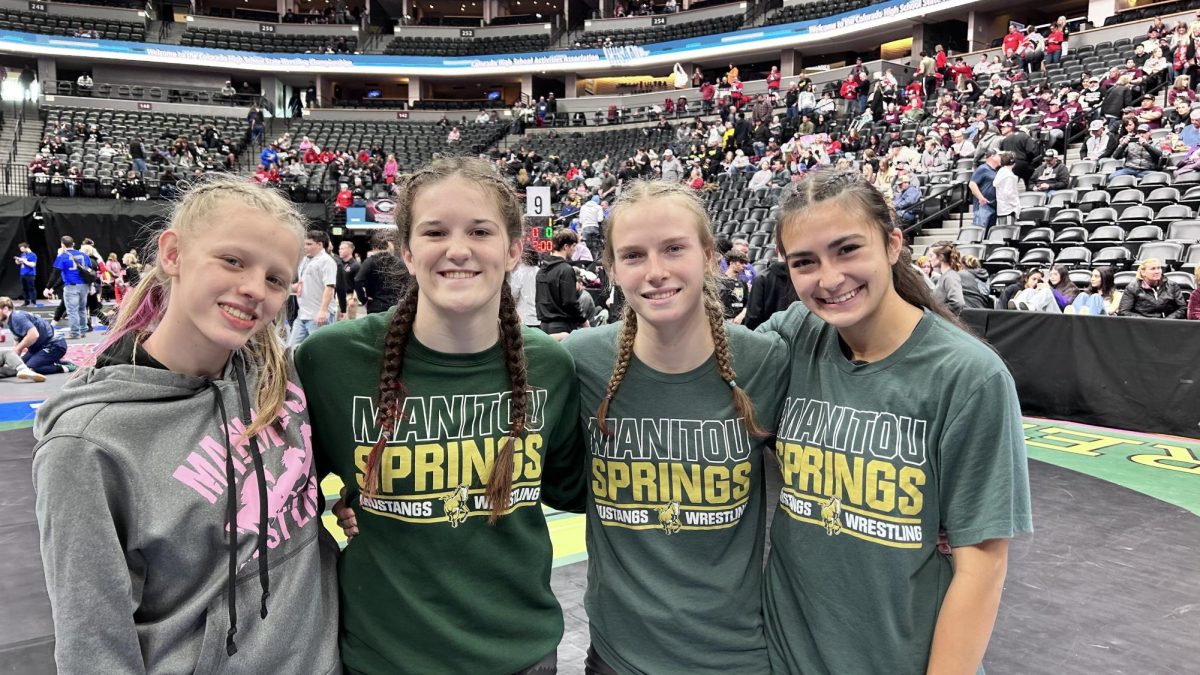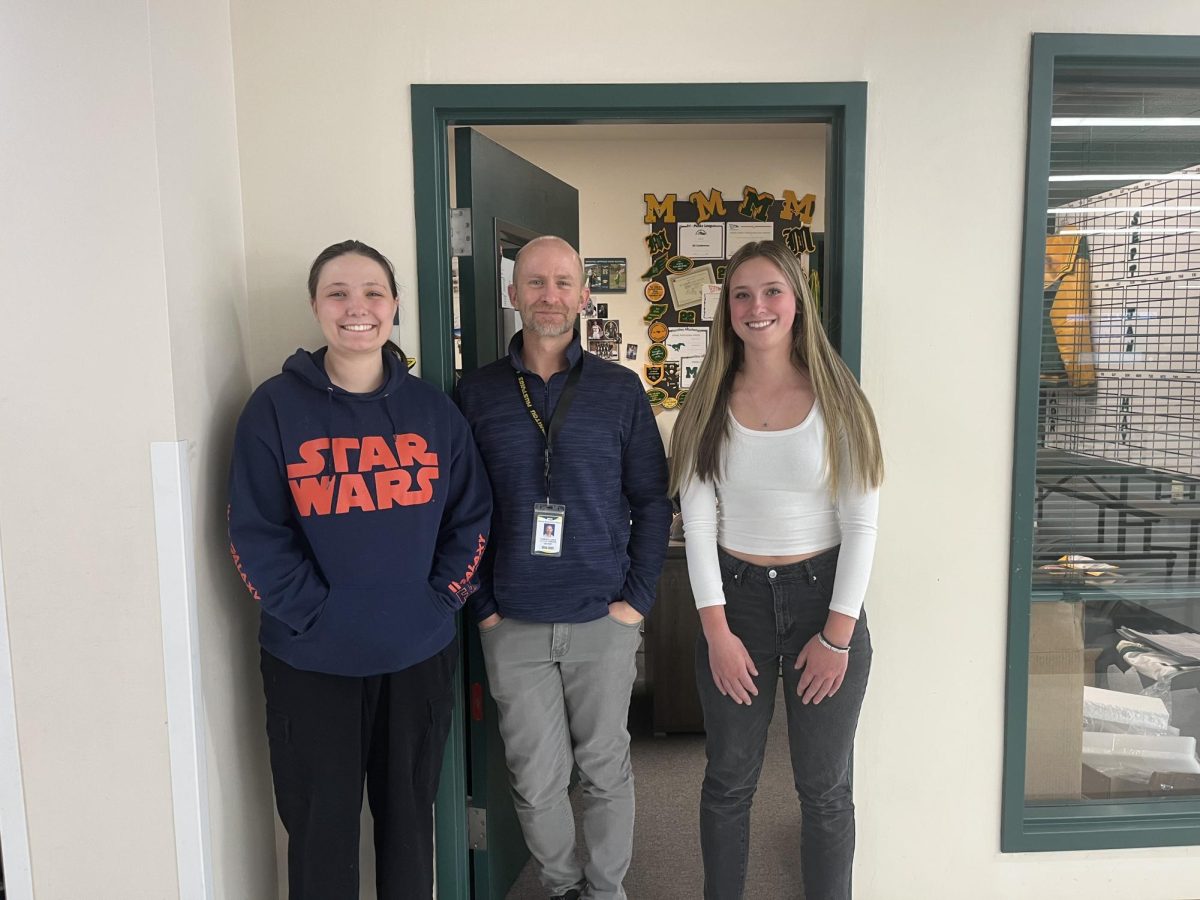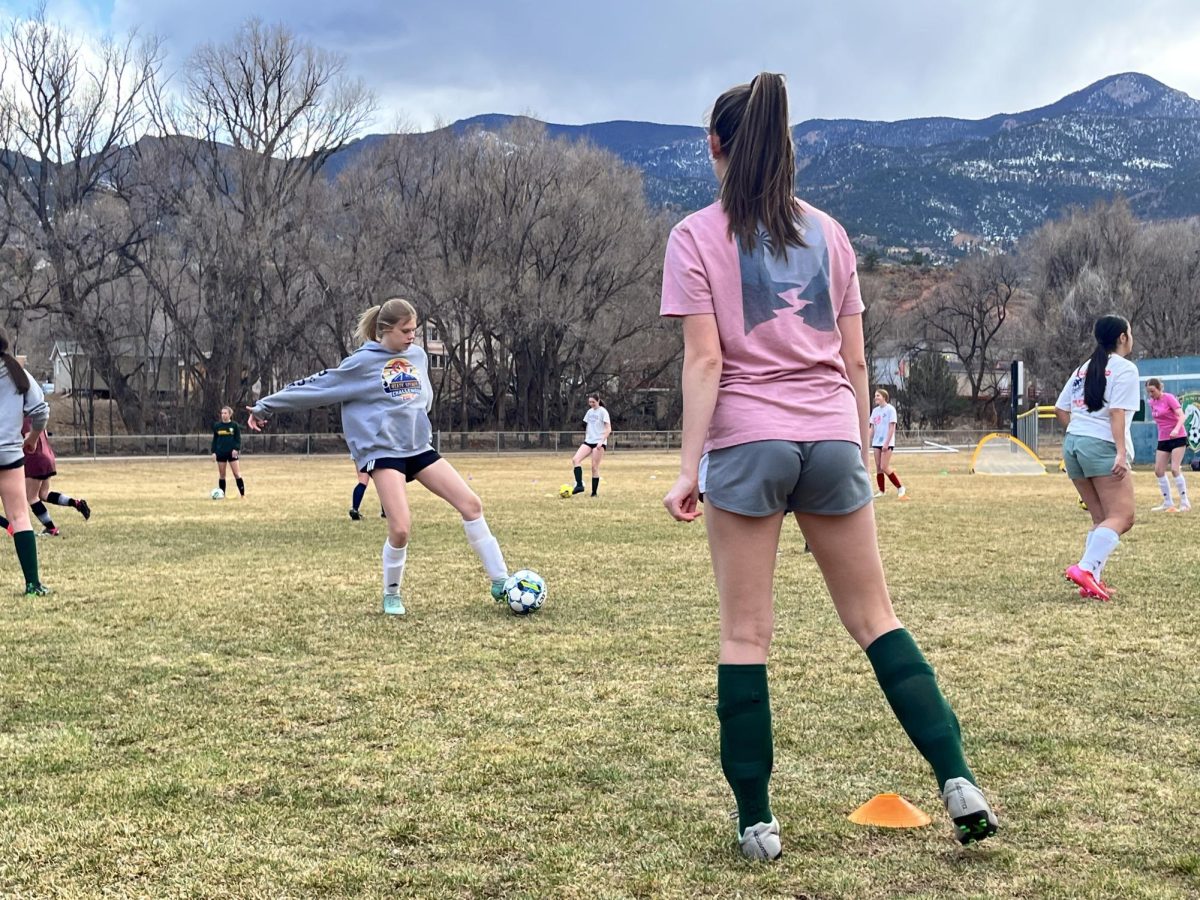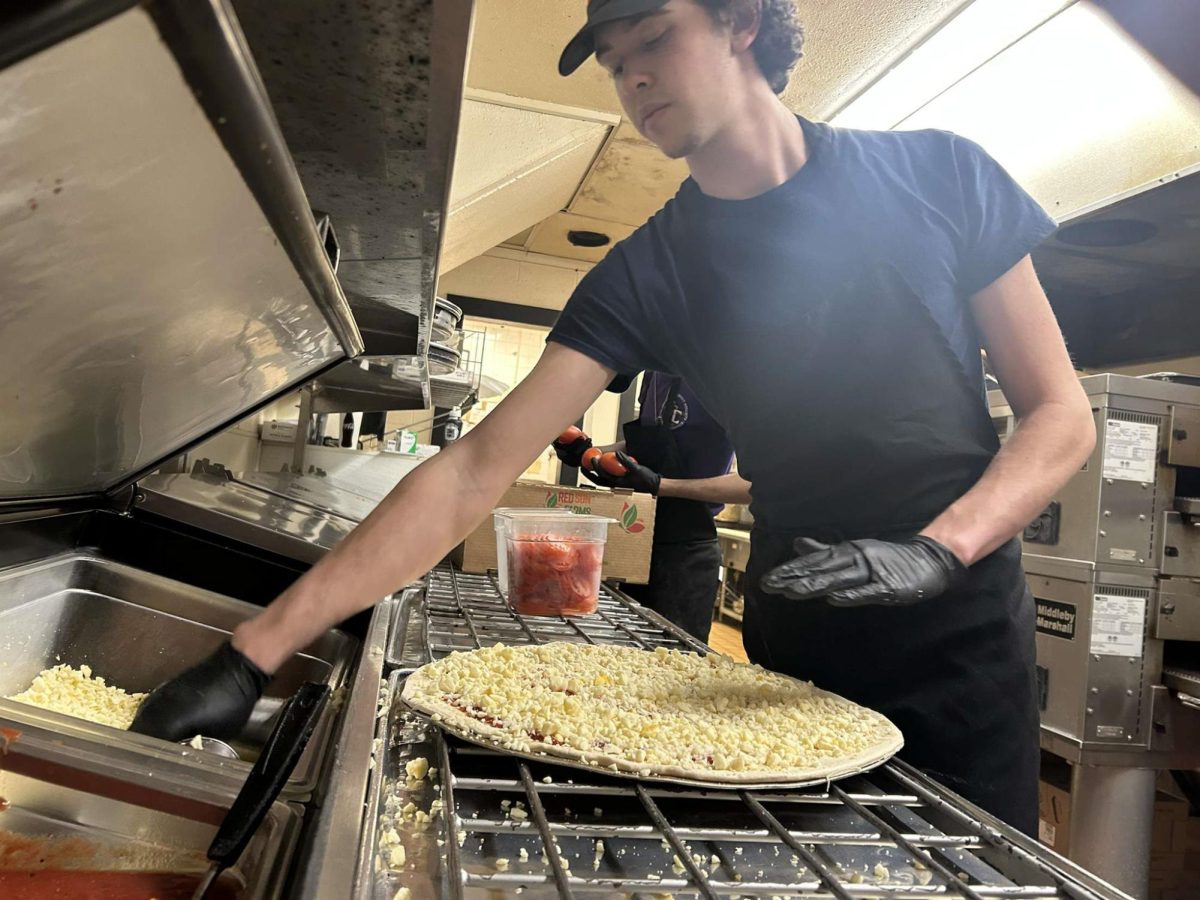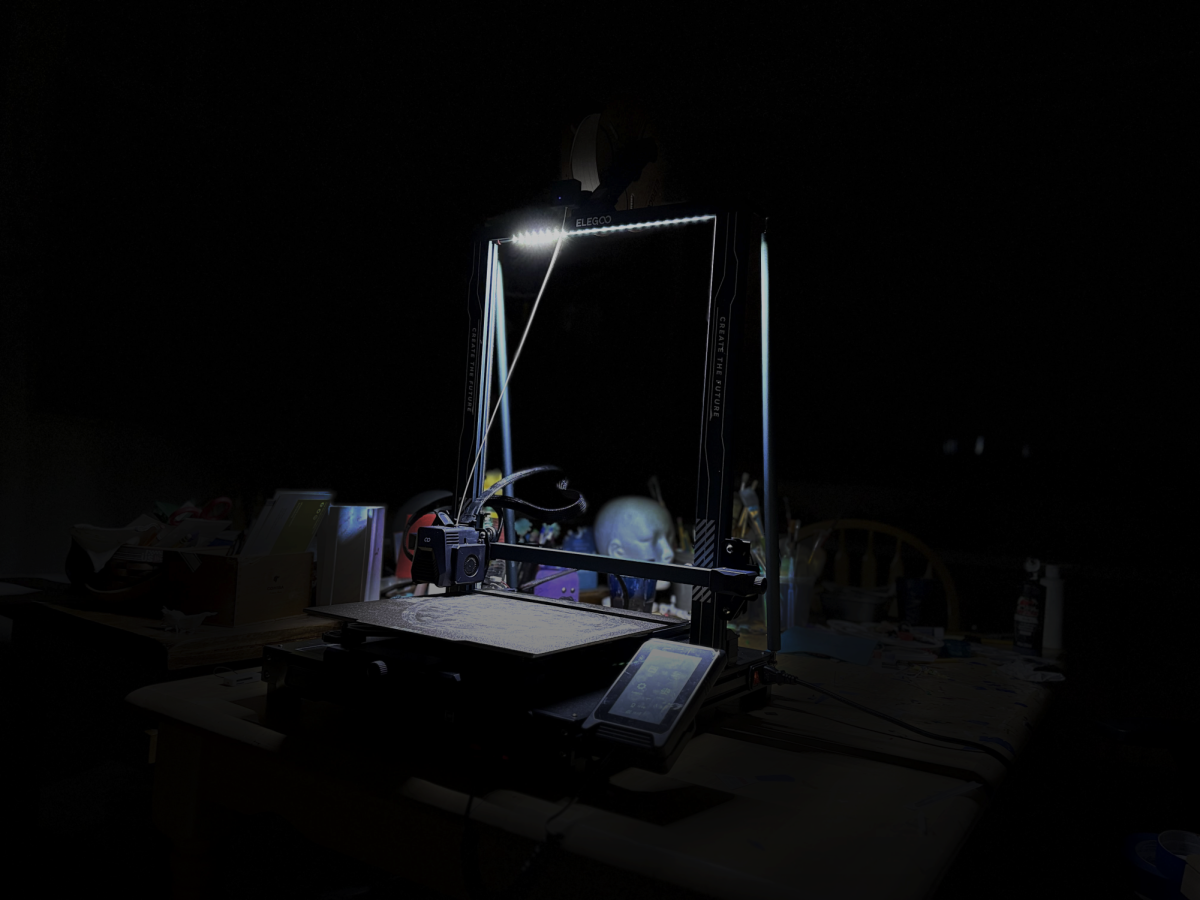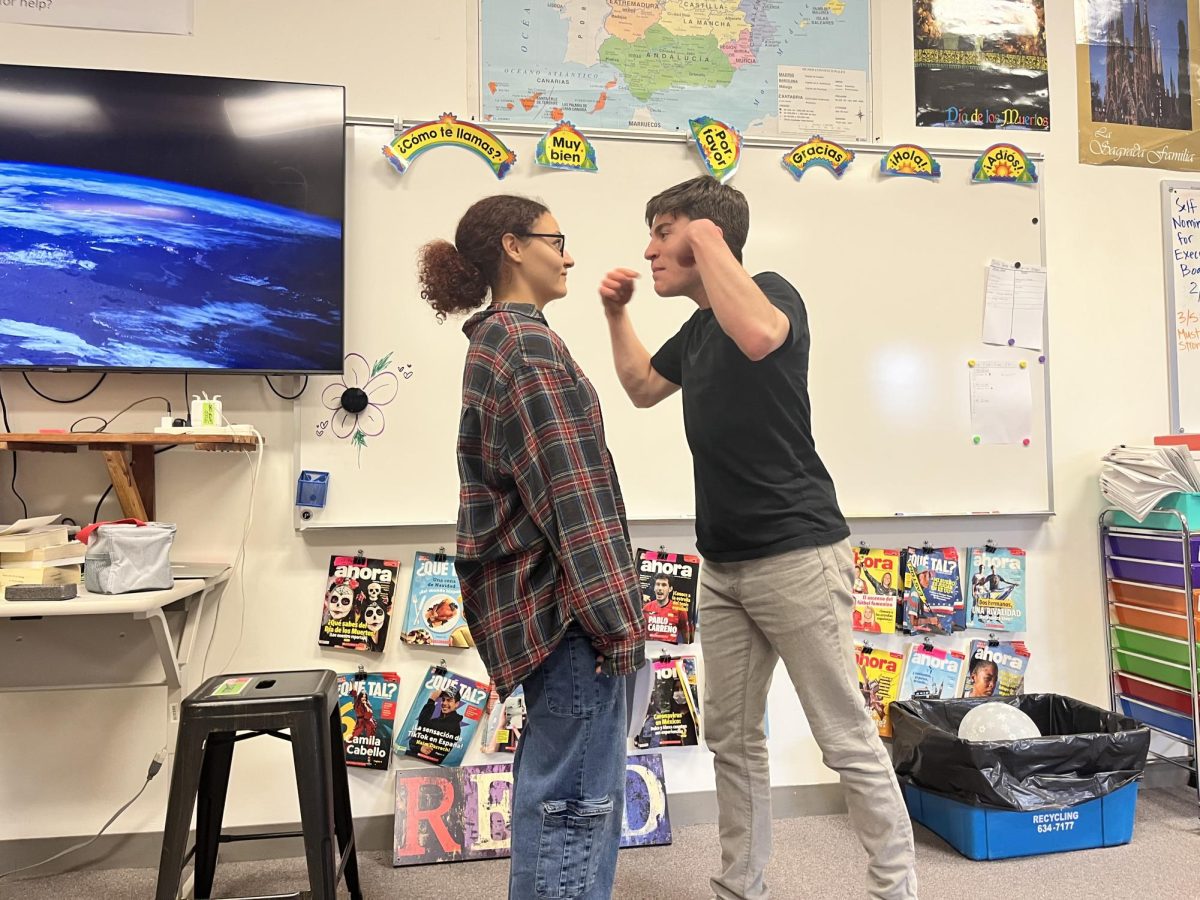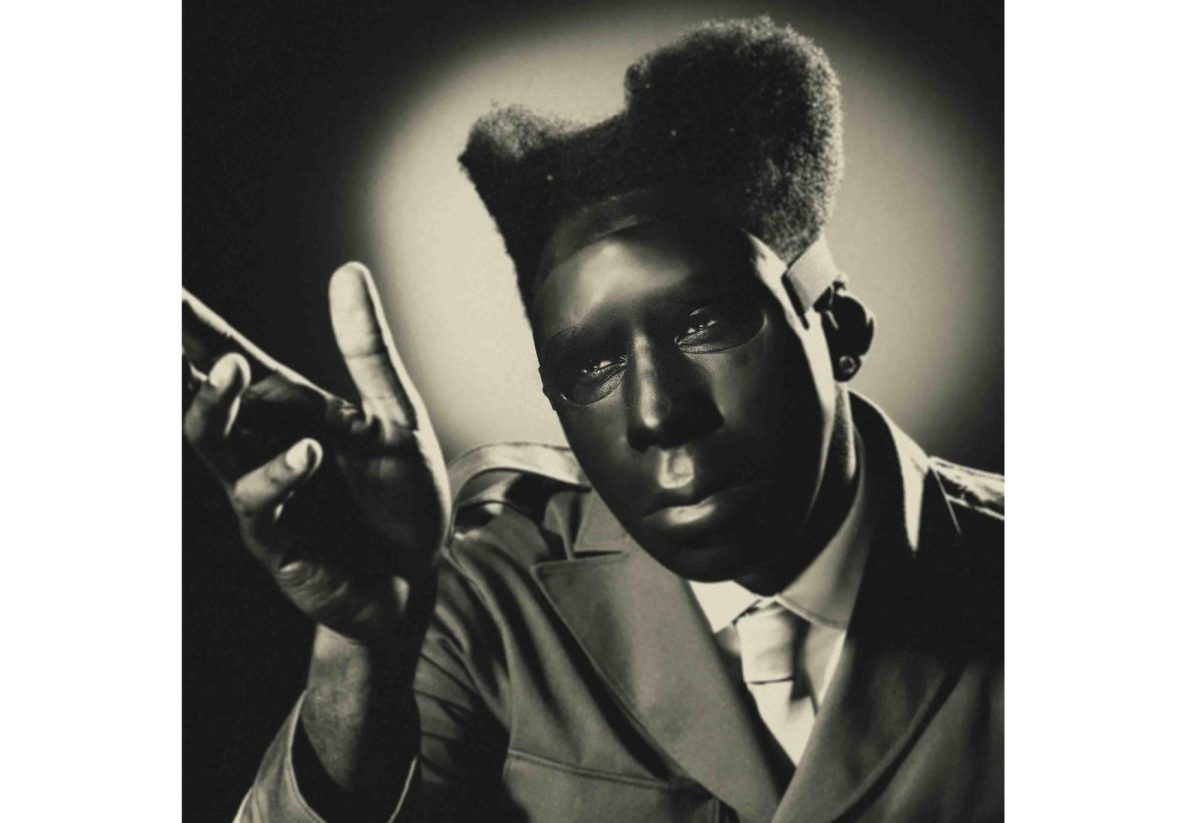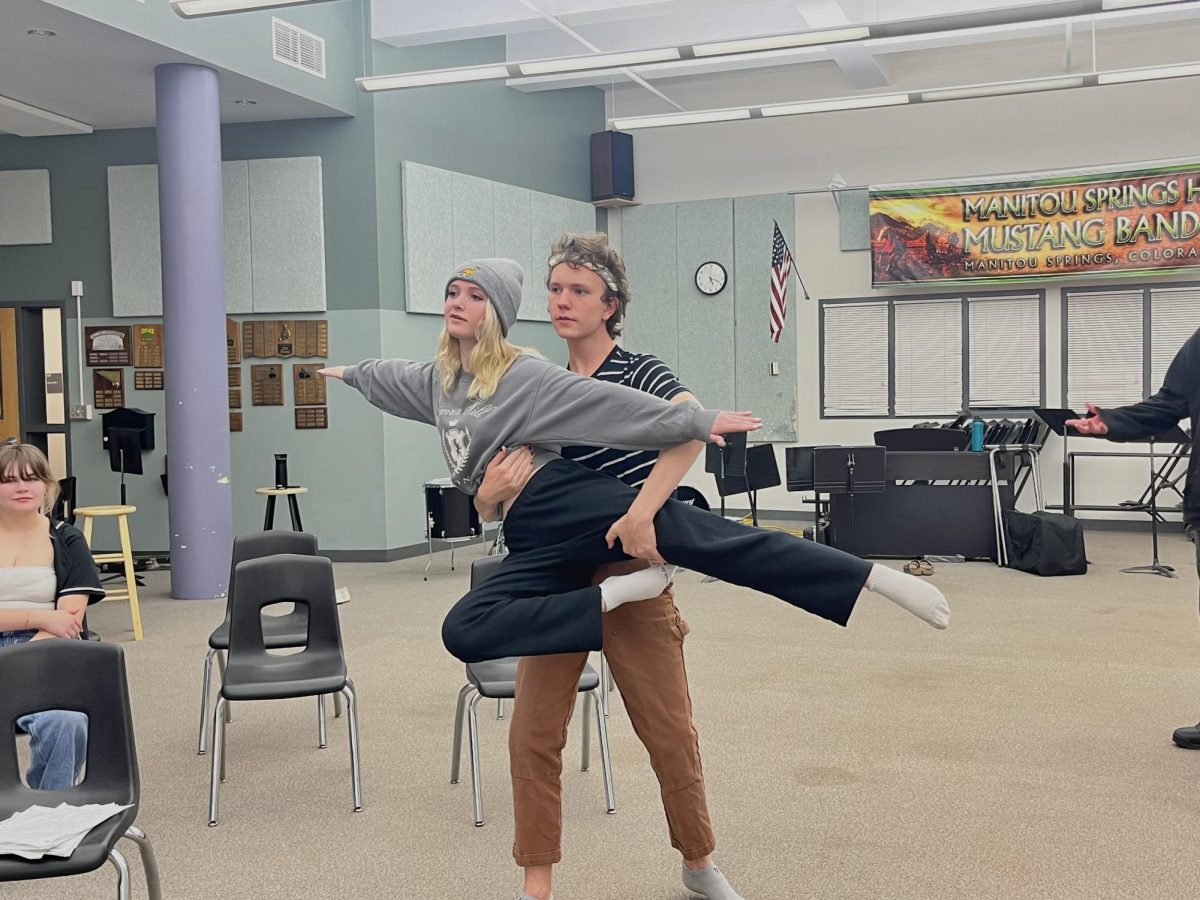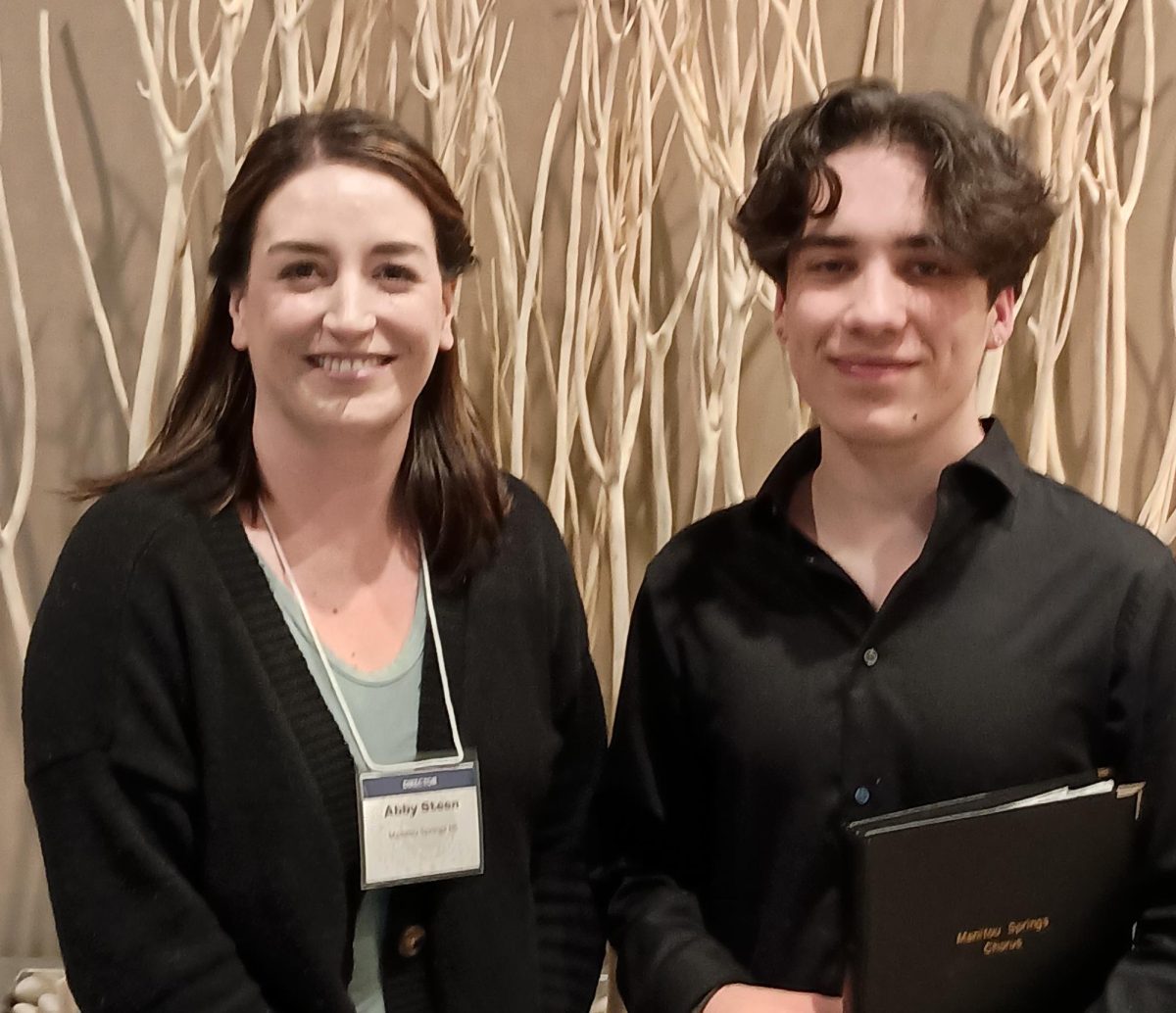COVID-19 long-term effects on MSHS
Procrastination has become a more common pattern in students since Covid and teachers find students are now going on their phones more.
November 3, 2022
After two years, the world is beginning to return to how it was before COVID-19, but our society is still feeling its effects. Schools are still recovering from the effects of COVID and trying to adapt to the changes implemented throughout these past couple of years.
Students struggle to learn new concepts because they didn’t thoroughly learn previous concepts; therefore, they do not have the proper foundational knowledge to build upon.
Kaya Robbins (10) has also struggled with this in her history and math classes since COVID has set them behind in traditional pacing. “Our history teacher is now trying to teach us things that we should have already learned,” Robbins said. “Same with math or any other classes.”
Along with being behind in classes, students have also had a harder time keeping grades up and struggling with procrastination. “I think I started procrastinating more because when I was at home, I would do things differently,” Madison Sharon (10) said. “I now have this amount of time to do something, and this shouldn’t take me too long; so I’m just gonna do what I want now, and then do the assignment later.”
Elanor Fugate (12) has noticed that since COVID, teachers have become more lenient. “I think there is more leniency than there used to be, which is good to an extent, like late work,” Fugate said. ‘They definitely don’t crack down on it as much.”
Many teachers give you until the end of the unit to turn in homework for total points, and this has been helpful over the past couple of years for Fugate. “I like what a lot of teachers do, where you have the unit to turn in assignments,” Fugate said. “Because it’s important to actually be doing the work as you’re learning because otherwise it’s not actually going to help you.”
The Building Leadership Team is updating MSHS guidelines for late and missing work and the time students have to turn their work in. They are in the process of finalizing their policy and should be submitting it within the next week.
In converse, teachers are also responsible for grading students’ work, in a timely manner. “Updating grades within a week of submission should be done by teachers,” Anna Conrad, MSHS interim principal said. Although, it is important that leniency with submitting assignments and grading them should be considered for both the students and the teachers.
COVID has affected not only students academically but also athletically. MSHS varsity soccer player, Evan Yount (11), has noticed how people’s mentalities have changed with practice after COVID. “Not everybody’s going to have the best day every day of the week, but our mentality changes when it comes to practice, especially before games,” Yount said. “We really need to work together and get stuff done.”
Yount believes the soccer team has to learn how to work around major changes and make the best out of a tough situation. “It definitely changed our work ethic,” said Yount. “We have to make the most out of every practice.”
COVID has had a major impact on the student body, but the school staff has also felt the effects of COVID. COVID has caused teachers to find new ways to get students engaged and focused on class. “Teachers have to adjust to what’s the new norm for education, which means they’re searching out different ways to draw the attention of students into the classroom,” William Brown, MSHS history teacher said. “I’m trying to allow the students to be a bit more engaged in the material rather than sit and listen.”
Teachers struggle with trying to find ways to get the material to be relevant to students. “I know I struggle every day with the idea of what is the purpose of my presentation to the kids in the classroom,” Brown said. “I think one of the biggest things that I see is the idea of relevance.”
Not only do teachers have to find new and more engaging ways to teach, but they also have to try and get their students to be better about time management. “I’ve noticed that by giving students the opportunity to work in the classroom, they really don’t know how to handle that,” Brown said. “They think they can finish that at a later time, which I think COVID contributed to because we used to do things at the house, rather than in the classroom.”
COVID has impacted the way we do school, but Brown thinks it shouldn’t be an excuse for students or teachers. “I really believe we’ve got to move past the idea of COVID as an excuse for why we have struggles,” Brown said. “I think if we can get to the point where we are back to school, we need to be in the process of trying to improve our education.”

